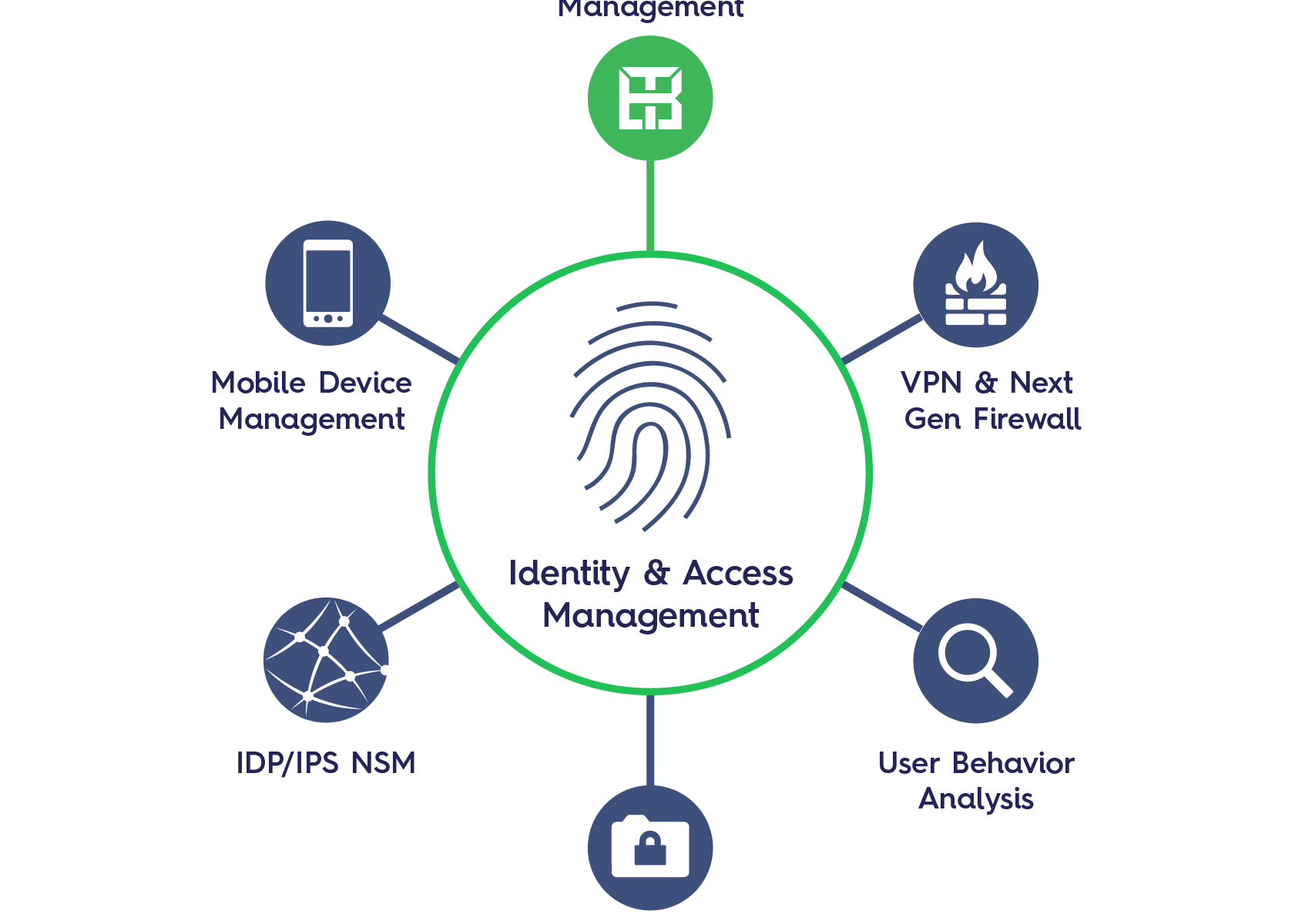A home security camera is a type of surveillance equipment that may be mounted inside or outside of a building or house to keep an eye on any suspicious activity occurring nearby. Smartphone users may access and monitor a variety of cameras, including wireless cameras, dome cameras, IP cameras and PTZ cameras. One of the main factors propelling the home security camera market’s expansion is security concerns in emerging nations.
According to SPER market research, Smart Home Security Camera Market Size- By Product, By Type- Regional Outlook, Competitive Strategies and Segment Forecast to 2033’ state that the Global Smart Home Security Camera Market is predicted to reach USD 55.92 billion by 2033 with a CAGR of 20.26%.
This market is being significantly propelled by technological advancements, particularly in smart home security cameras that can alert users to movements when they’re away. Younger consumers, dissatisfied with traditional devices, are pushing for these advanced technologies. The growing trend of constructing smart homes, combining luxury and convenience, is further amplifying the demand for smart home security cameras. The swift adoption of IoT in smart homes is also contributing to this growth as consumers opt for these cameras to enhance their security. Easy installation and accessibility are driving their popularity. Additionally, a surge in younger homeowners is fuelling the demand for modern smart devices, such as smart plugs, locks, light bulbs, and home security cameras.
The Smart Home HD Security Camera Market is confronted with some noteworthy challenges, notwithstanding the vast prospects. Security and privacy issues with data provide a significant obstacle. These devices acquire and store sensitive data, which makes them vulnerable to unauthorised access or data breaches. Manufacturers need to invest in strong security measures and transparent privacy policies in order to gain and maintain consumer trust. Moreover, consumer compatibility problems and market advancement could result from worries about interoperability across various brands and smart home platforms. Manufacturers need to strive for standardisation and seamless integration in order to provide a more seamless user experience.
Request For Free Sample Report @ https://www.sperresearch.com/report-store/smart-home-security-camera-market.aspx?sample=1
Furthermore, the COVID-19 pandemic has a major effect on the global smart home security camera market. Lockdowns and more time spent at home led to consumer attempts to safeguard their possessions. The adoption of smart home technologies, like security cameras that enable remote control and monitoring, has surged. Businesses responded to the disruption of supply networks by introducing contactless delivery and online sales. Economic instability affected consumer preferences, which led manufacturers to provide a range of price points. The usage of smart home security solutions has increased as a result of the pandemic’s increased security worries.
Smart Home Security Camera Market Key Players:
Geographically, the market for smart home security cameras in North America is anticipated to expand at a notable CAGR, which may be due to the expanding trend of smart houses. Tech-savvy people in the area are becoming more interested in high-quality cameras that are combined with cutting-edge technology. The demand for cameras in the area is being fuelled by declining camera prices as well as the introduction of additional features including audio, video, and message capabilities. Additionally, some of the market key players are ADT LLC, Arlo Technologies Inc., Blink, Brinks Home Security, Simplisafe Inc., Skylinkhome, Vivint Smart Home Inc., Others.
For More Information, refer to below link:-
Smart Home Security Camera Market Forecast Report
Related Reports:
Follow Us –
LinkedIn | Instagram | Facebook | Twitter
Contact Us:
Sara Lopes, Business Consultant – U.S.A.
SPER Market Research
+1-347-460-2899





